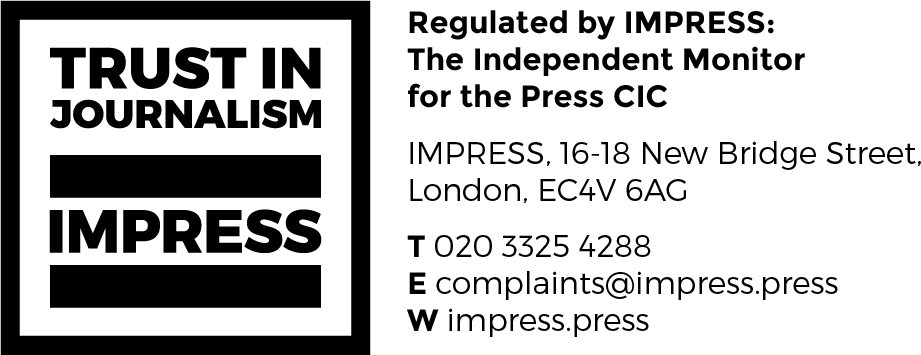Thomas Willan

Associate – Holman Fenwick Willan 
T: +44 (0)20 7264 8544
W: www.hfw.com
What sort of clients do you advise?
I am a finance lawyer first and foremost, so the majority of my clients are banks and other financial institutions. Recently I have acted for a variety of financiers ranging from private wealth banks to specific yacht teams within larger banks, and engine manufacturers offering innovative captive finance packages.
How did you end up in superyacht law?
I qualified as a general asset finance lawyer with another City firm before moving to Holman Fenwick Willan to specialise in ship and yacht finance. I have gravitated towards yacht work for its variety and personality, and for the opportunity to develop a network of interested and interesting peers and clients within a niche area of law.
What makes a good superyacht lawyer?
Commerciality, pragmatism and open-mindedness – the bespoke and highly individual nature of yacht transactions means they often present new or unexpected issues, and it’s important to be able to embrace, adapt and work with proposed solutions (and characters!) that might be unconventional or otherwise “outside the box”. A good yacht finance lawyer needs a holistic understanding of all the relevant regimes (lending principles, security, insurance, VAT, enforcement, etc.) and how they apply to each matter.
What do you most like about your job?
Every owner has their own personality and priorities, and these generally influence the “feel” of each deal. No two yacht finance transactions are ever the same and I enjoy the individual issues and challenges presented by each matter. I am lucky enough to be surrounded by a team of experts with comprehensive understanding of the industry and the laws and regulations applying to all aspects of it – there is constant sharing of knowledge and ideas, and plenty of constructive debate.
What one piece of advice would you give to potential yacht buyers?
I generally only act where there is finance involved, so this advice is based on my experiences of relationships between financiers (generally banks) and their owner customers. First, to avoided protracted and potentially deal-breaking discussions further down the line, establish and agree with your lender very clearly at the outset what you will be offering in terms of covenants (including restrictive covenants) and security. Secondly, whilst it might sound self-serving (it really isn’t) do not underestimate the value in instructing lawyers who are familiar with yacht sale and purchase and/or finance transactions. Owners will often be reluctant to appoint lawyers on the basis that their family office or other representatives will take responsibility for concluding the deal, but complexities will inevitably arise and it will generally be a false economy to seek to cut costs by electing not to be legally represented. By appointing reputable and experienced lawyers, you can also of course take comfort that your commercial agreements with your counterparties will be properly reflected in the documents.

